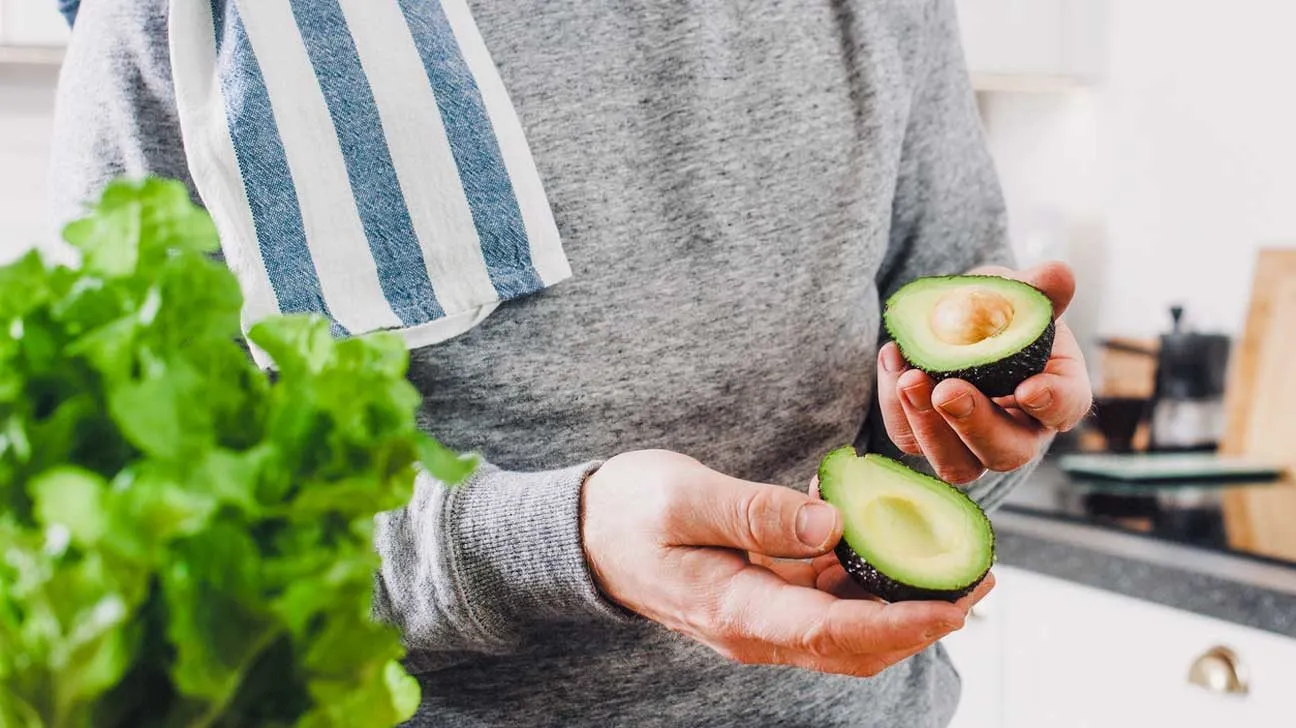
By avoiding or controlling medical problems like diabetes and high blood pressure that harm the kidneys, you can protect them. The actions below could support maintaining kidney health as well as the overall wellness of your body.
You may want to inquire about the condition of your kidneys when you go to the doctor for your next checkup. In India, one may consider looking for the best kidney hospital in Hyderabad, Mumbai, or Delhi as these cities are well known for their treatment centers. Testing may be the only method to determine whether your kidneys are healthy because early kidney disease may not present with any symptoms. How frequently you should test yourself will be decided in part by your healthcare professional.
If you get a urinary tract infection (UTI), which if ignored can lead to kidney damage, see a doctor straight once.
Below are ways you can prevent kidney disease:
- Exercise
Be active for at least 30 minutes every day. Ask your doctor about the kinds and levels of physical exercise that are good for you if you are not already active. Aim to perform cardio as that is the best to get the blood and nutrients pumping to all the vital organs.
- Get enough sleep
People frequently get less sleep because of obligations to their families, their jobs, or simply to watch a nice television programme. The risk of developing type 2 diabetes, obesity, high blood pressure, heart disease, stroke, poor mental health, and possibly an early death may rise if you regularly skip sleep.
Even one night of inadequate sleep might have an impact on your day after. Not only are you more likely to feel sleepy, but you’re also more likely to feel lousy, work less efficiently, and get into a car accident.
- Limit alcohol consumption
Alcohol use that is excessive can raise blood pressure and add extra calories to the body, which can result in weight gain. If you do use alcohol, keep your intake to two drinks per day for men and one drink per day for women. One beverage is:
- 12 ounces of beer
- 5 ounces of wine
- 5 ounces of liquor
- Manage diabetes and blood pressure
The greatest strategy to prevent kidney damage if you have diabetes, high blood pressure, or heart disease is to:
- Maintain blood glucose levels around your target. Monitoring your glucose, often known as blood sugar, is vital for managing diabetes. More than one time per day, you could be asked by your medical team to test your blood sugar.
- Maintain blood pressure levels that are near to your target. Most diabetics should try to keep their blood pressure below 140/90 mm Hg. NIH external link: learn more about high blood pressure.
- Take medications as directed. Discuss the possibility of a renal protection with your doctor if you use certain blood pressure medications known as ACE inhibitors and ARBs. These drugs have names that finish in -pril or -sartan.
- Be cautious when taking over-the-counter painkillers on a regular basis. Nonsteroidal anti-inflammatory drugs (NSAIDs), including ibuprofen and naproxen, can harm your kidneys when taken frequently.
- Eat healthy
Pick fresh fruits, fresh or frozen veggies, whole grains, low-fat or fat-free dairy products, and other heart- and body-healthy meals. Eat whole foods and limit your intake of salt and extra sweets. Aim for a daily salt intake of no more than 2,300 milligrammes. Less than 10% of your calories should come from added sugars, if possible.
You can also try the below tips:
- Serve cuisine devoid of sauces and other fats.
- Opt for meals with minimal to no added sugar wherever possible.
- Gradually shift from whole milk to 2 percent milk until you are only using fat-free (skim) or low-fat milk and milk products for cooking and drinking.
- Consume whole products every day, such as whole wheat, brown rice, oats, and whole-grain maize. For sandwiches, use whole-grain bread; for home-cooked meals and when dining out, swap white rice for brown rice.
- Read the food labels. Pick foods low in salt (sodium), added sugars, cholesterol, trans fats, saturated fats, and salt.
- At snack time, take it easy. It takes longer to eat a bag of low-fat popcorn than a piece of cake. Instead of having orange juice, peel and consume an orange.
- You may want to consider tracking your meals in writing for a week. It can help you in identifying when you tend to overeat or consume items rich in calories or fat.
- Instead of salt, use a blend of spices while cooking.
- For your pizza toppings, have greens like spinach, broccoli, and peppers.
- Instead of frying, try baking or broiling meat, chicken, and fish.
- Consult an expert for more
When you next see your nephrologist, make sure to ask them the following crucial inquiries regarding your kidney health. The sooner you receive therapy to help safeguard your kidneys after discovering you have renal disease, the better.
Important questions to ask your healthcare provider:
- How much glomerular filtration rate do I have?
- What is the level of albumin in my urine?
- How is my blood pressure?
- What are my blood sugar levels?
- How frequently must I have my kidneys examined?
Other crucial queries:
- What should I do to maintain the health of my kidneys?
- Do I need other medications?
- Should I exercise more?
- What types of exercises can I perform?
- What is edible?
- Is my current weight fine?
- Can I consult a dietician?
- If I have kidney disease, what happens?
 Living With Healthy Hunger Health Blog
Living With Healthy Hunger Health Blog

